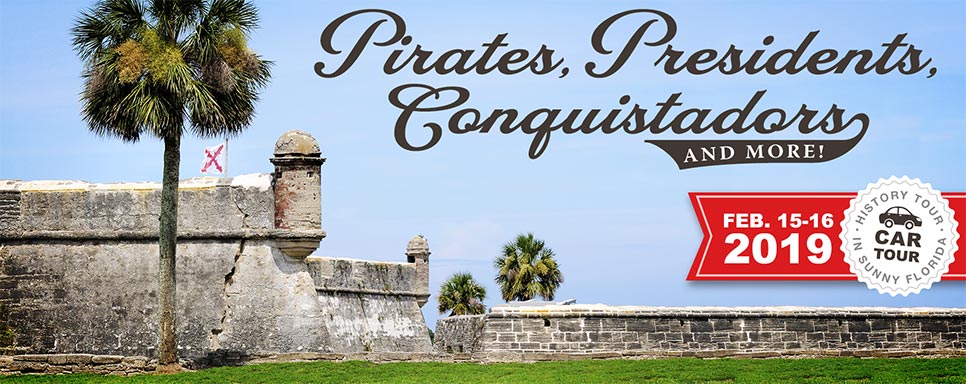
“At the time of the end shall the king of the south contend with him; and the king of the north shall come against him like a whirlwind, with chariots, and with horsemen, and with many ships; and he shall enter into the countries, and shall overflow and pass through.” —Daniel 11:40
The Birth of the American Navy, October 13, 1775
  n 1775, England boasted the mightiest navy in the world. The borders of empire had expanded by more than a third as a result of the Seven Years War, ending in 1763. Her army, however, could count only about 36,000 men to defend that empire twelve years later, so the dependence upon the naval forces was paramount to maintaining the Empire. With the American colonies in rebellion, one Parliamentarian assured his colleagues that the Royal Navy could handle the conquest of the rebels and drive them back into harmony with the mother country. The Americans eventually would put almost 250,000 men in the field, but at the start, they had no navy whatsoever. The colonists, however, possessed a merchant marine of over a thousand ships. John Adams of Massachusetts proposed to the Continental Congress the creation of naval forces to contest Britain on the high seas in the coming conflict. In October of that year Congress agreed, but they had little or no money to actually build a navy. n 1775, England boasted the mightiest navy in the world. The borders of empire had expanded by more than a third as a result of the Seven Years War, ending in 1763. Her army, however, could count only about 36,000 men to defend that empire twelve years later, so the dependence upon the naval forces was paramount to maintaining the Empire. With the American colonies in rebellion, one Parliamentarian assured his colleagues that the Royal Navy could handle the conquest of the rebels and drive them back into harmony with the mother country. The Americans eventually would put almost 250,000 men in the field, but at the start, they had no navy whatsoever. The colonists, however, possessed a merchant marine of over a thousand ships. John Adams of Massachusetts proposed to the Continental Congress the creation of naval forces to contest Britain on the high seas in the coming conflict. In October of that year Congress agreed, but they had little or no money to actually build a navy.
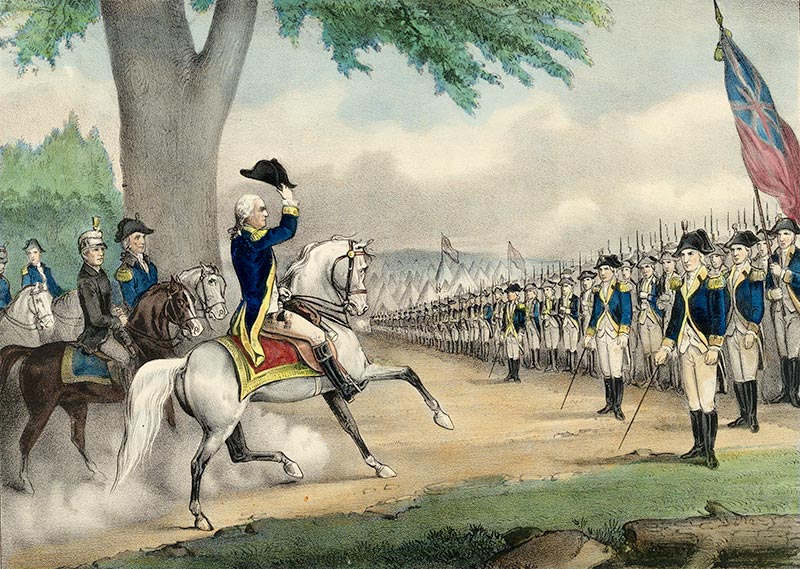
George Washington takes command of the American army, July 1775
George Washington had taken command of the American army outside Boston on the rainy Sunday of July 2, 1775. It is likely that not a single soldier among the 14,000 encamped in their siege works around Boston knew what the tall Virginian looked like. He wasted no time in issuing what were the first of 12,000 orders he would write in the course of the War for Independence. Washington heartily approved of the thirty-three New England whale boats which attacked British outposts along the shoreline. He encouraged privateers, usually merchant ships equipped with a cannon or two to pounce on supply ships or infantry transports, as Providence afforded. Congress had encouraged the colonies to provide their own navies to protect their shores. Rhode Island, Massachusetts, and Virginia had all responded positively, but the magnitude of the problem to defend the shores could not be successfully borne by the colonies alone.
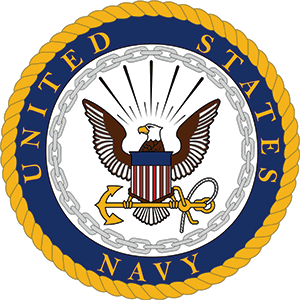
Emblem of the United States Navy,
founded October 13, 1775
|
The creation of the American Navy officially dates from October 13, though it proceeded through the years in fits and starts, and did not really come into its own until the following century. Nonetheless, ship battle captains made their mark in the War for Independence, some in dramatic fashion.
“In addition to protecting American trade from British blockade and predation, the committee also made recommendations for intercepting British ships laden with supplies for the king’s forces in North America. Within hours, the Congress approved the committee’s recommendation that Massachusetts supply General George Washington, then stationed in Massachusetts, with an armed schooner and a sloop for the purpose of seizing British supplies.”
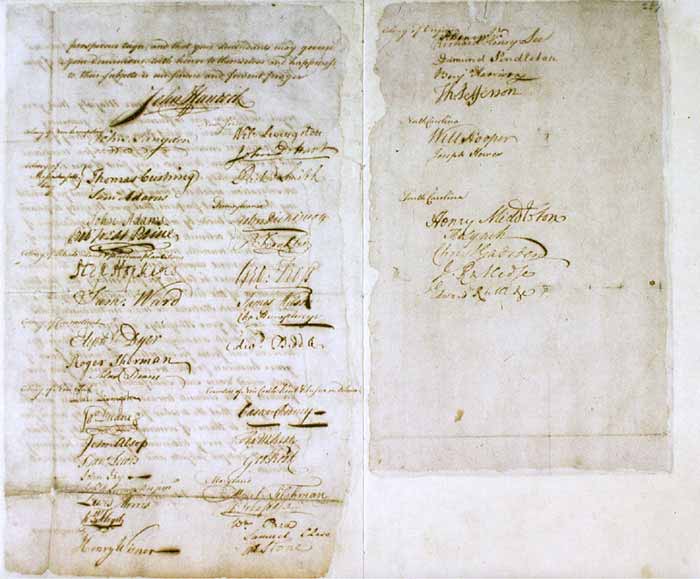
Signature page of the Olive Branch Petition, with John Hancock’s prominent signature at the top
|
The naval committee received more funds by the end of the year and took upon itself the drawing up of regulations and rules for marines. The so-called Olive Branch Petition was rejected by the king, the last attempt at a peaceful solution to most of the Congressmen and other supporters of independence. The fledgling American coastal raiders had some signal successes, both blockade-running and waylaying British supply ships. In the course of a few months they seized ships with thousands of muskets and tons of power, the most precious commodity needed. About six hundred British Highlanders were captured in three separate ambushes on the ocean, along with their supplies and equipment.
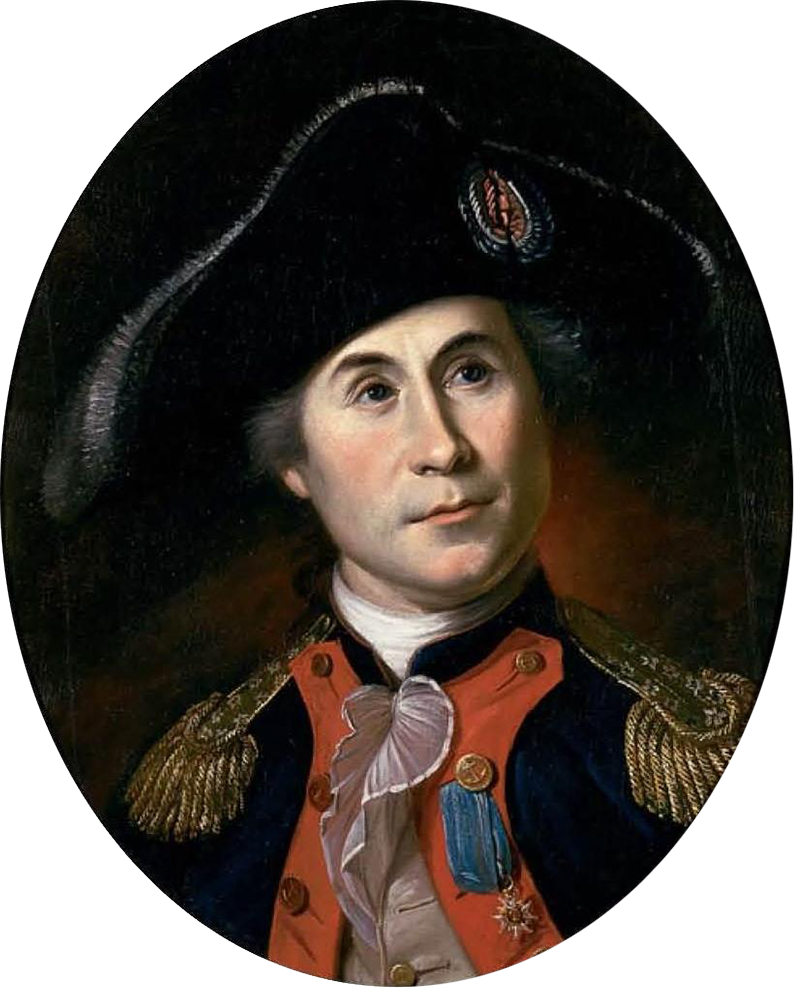
Rear Admiral John Paul Jones (1747-1792)
|
Five official armed vessels of the American Navy were commissioned by the end of 1775—USS Doria, USS Alfred, USS Andrew, USS Columbia, and USS Cabot. By April of 1776, the Continental Naval Squadron had eight ships and Congress called for thirteen frigates to be built, rather than refitted merchantmen, as soon as possible. Protecting American commerce and capturing British commerce were the chief duties of the naval forces. Several notable battles also occurred between ships of the line, and Captain John Paul Jones became one of the early American naval heroes.
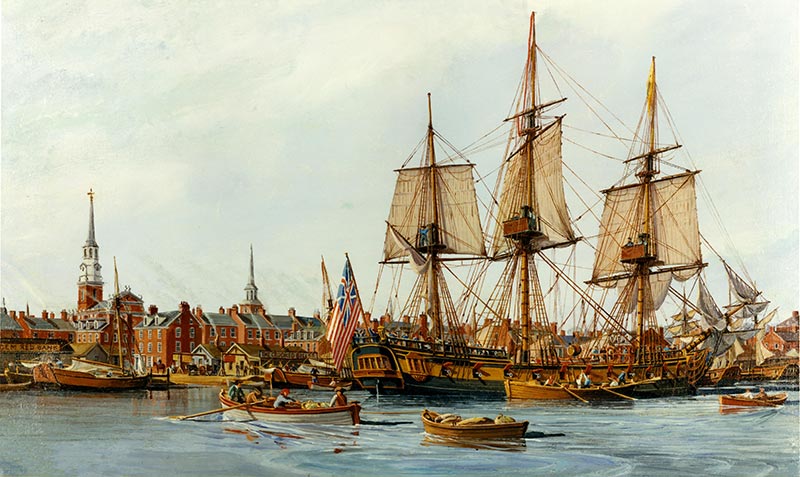
John Paul Jones raises the “Grand Union” flag as Alfred is placed in commission in Philadelphia, December 1775. Originally a merchant vessel launched in 1774 and named Black Prince the navy renamed her Alfred after 9th century English monarch Alfred the Great.
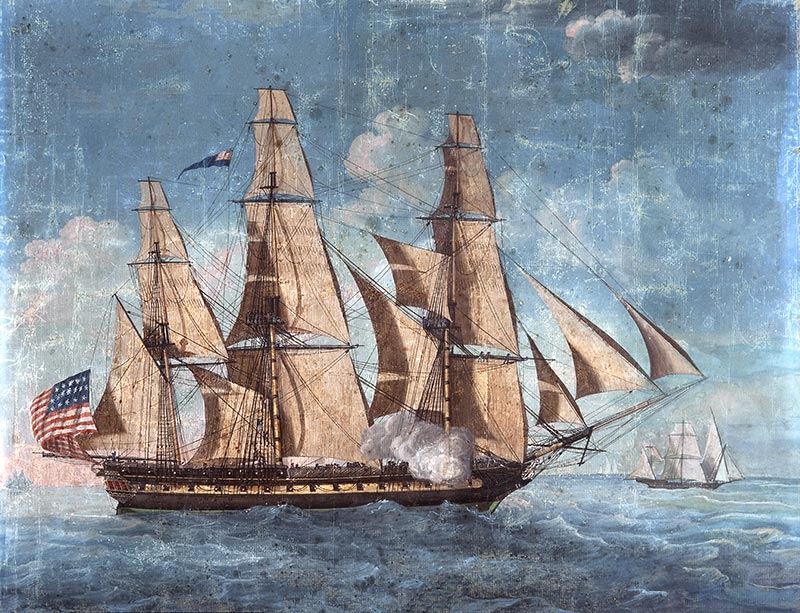
The USS Constitution, commissioned and named by President Washington in 1794
|
When the war ended, the navy was all but abandoned, not to be restored till 1794. The founders did not anticipate the states aggressively interfering in the affairs of other nations and saw no need for naval forces such as the British Empire required. In fact, Britain continued to rule the oceans of the world until the 20th Century, and the Americans did not initiate aggression against non-belligerent nations until the Spanish-American War in 1898.
The naval campaigns and combats of the War for Independence preserve a tradition that included both victory and defeat. The intervention of the French Navy on behalf of the Americans proved decisive in bringing Lord Cornwallis to bay at Yorktown in 1781, but the individual warships fought it out on a small scale for eight years, despite losses, until independence was achieved.
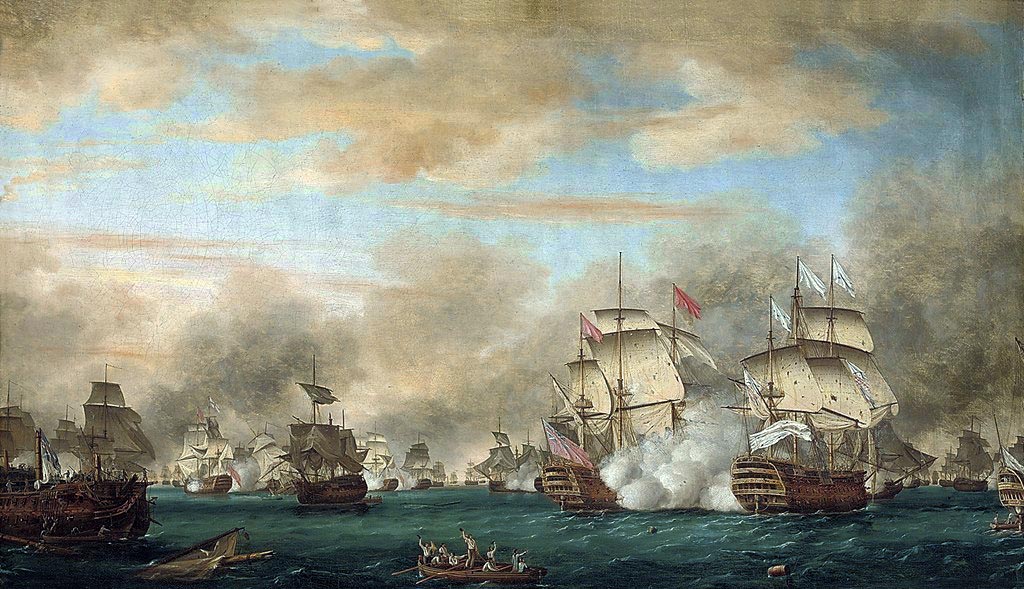
The Battle of the Saintes, April 9-12, 1782 fought between French and British naval forces in the Caribbean during the War for Independence

Image Credits:
1 Bombardment of Morro Castle (Wikipedia.org)
2 Washington Takes Command (Wikipedia.org)
3 US Navy emblem (Wikipedia.org)
4 Olive Branch Petition (Wikipedia.org)
5 John Paul Jones (Wikipedia.org)
6 USS Alfred (Wikipedia.org)
7 USS Constitution (Wikipedia.org)
8 Battle of the Saintes (Wikipedia.org)
|






